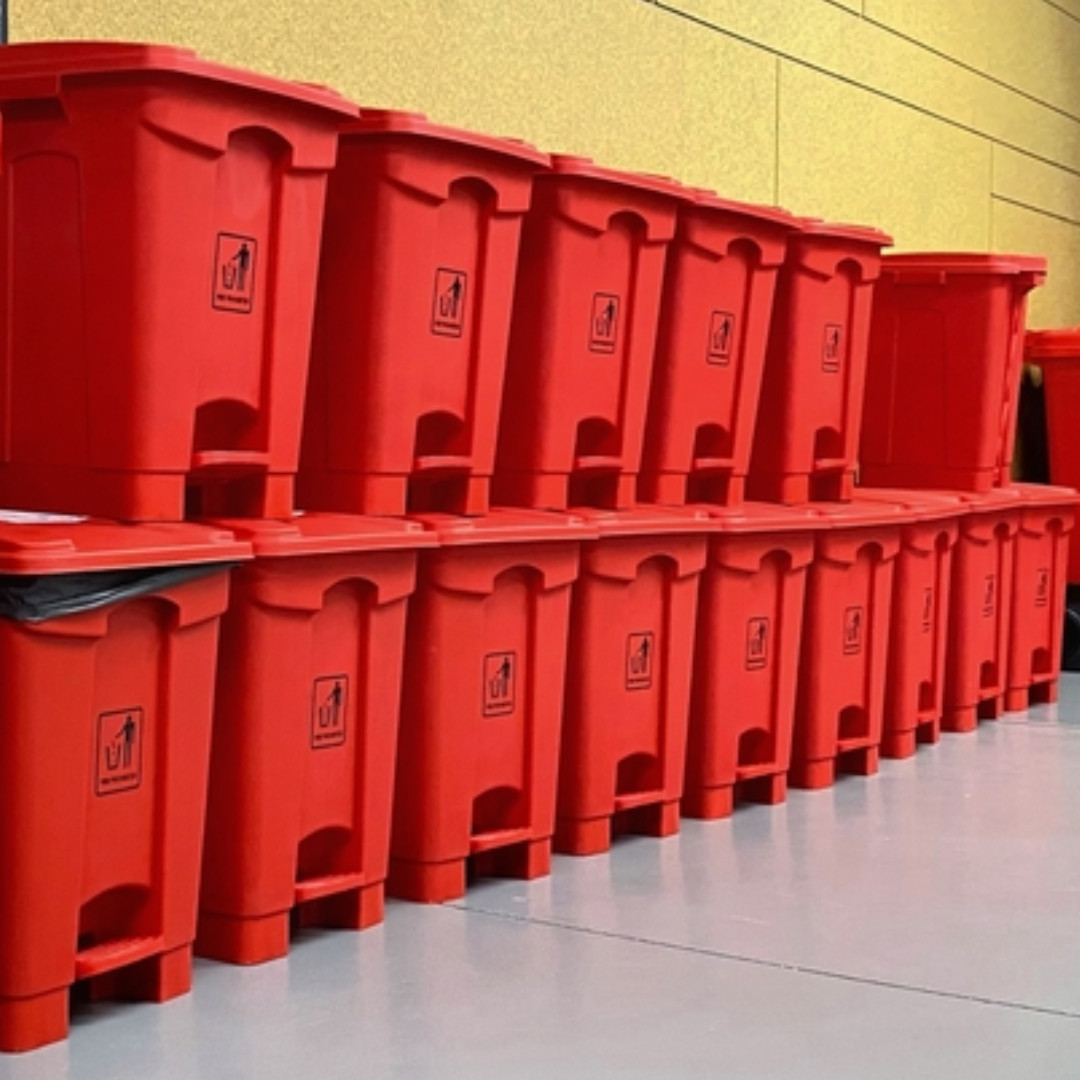New healthcare workplace safety report raises concern over proper medical waste management and safety within healthcare organizations.
Nine in ten Healthcare Professionals (HCPs) and consumers surveyed agree that medical waste management is important in delivering the best possible patient care, according to a new report.
The annual Healthcare Workplace Safety Trend Report reveals how providers and administrators in the U.S. view health and safety in their organizations and its impact on peers, patients, and surrounding communities. New this year, the study also surveyed consumers about their concerns with safety when seeking care. The report aims to provide valuable insights on the challenges the industry and patients face today and how to best help healthcare organizations understand their safety profiles, improve workplace safety standards, create a quality care environment, and reduce impacts on the environment.
Most of the HCPs and administrators surveyed say that improper medical waste disposal puts the physical safety (95% HCPs; 87% administrators) and emotional well-being (79% HCPs; 85% administrators) of HCPs at risk, and they would not be able to do their jobs effectively without proper medical waste management (84% HCPs; 81% administrators).
However, two in three of the HCPs surveyed said they feel they do not have a strong understanding of how their organization disposes of medical waste and feel there could be more training and resources available.
Following the pandemic, the U.S. healthcare system remains under stress but is working to address challenges and opportunities such as the staffing shortage and the desire for increased access to at-home care. “=It is important that organizations not lose sight of the fundamentals that impact provider satisfaction and patient care. This year’s report shows that the industry might need to re-focus on one of those requirements — healthcare safety — to ensure providers feel safe, well-trained and competent in their work environments and that patients feel secure in their care.
Additional insights from the report include:
- Stress levels have decreased after the peak of the pandemic, but remain high: While negative feelings from HCPs have decreased since 2021, they are still remarkably high in the face of new COVID-19 variants. Sixty-three percent of the HCPs surveyed said they are exhibiting negative feelings (e.g., “Stressed”, “Burnt-out”, “Exhausted”) at work, and only a quarter of HCPs feel “Safe” in their roles. Forty-four percent of the HCPs surveyed are feeling worse about their level of day-to-day stress than the previous year.
- Ongoing staffing and patient challenges are perpetuating burnout: Issues of understaffing, patient volume, workload, hours and administrative burdens are the top reasons why HCPs (primarily providers) reported feeling burnt-out, exhausted, or distracted at work. A more troubling trend, many of the HCPs surveyed said they believe that patients are refusing recommended care (60%), behaving poorly (53%), and becoming combative (46%) more frequently compared to last year. Almost two-thirds (63%) are concerned that they will be injured at work as a result.
- Proper disposal of medical waste is essential but misunderstood: While 95% of HCPs surveyed agree that improper disposal of medical waste puts physical safety of HCP workers at risk, only 33% strongly agree that they have a solid understanding of how their organization handles this type of waste. Improper handling and disposal are recognized as major concerns, which can negatively impact both the safety of workers and patients, but a shortage of personnel is hindering the possibility of top-quality care.
- Risks to the environment cannot be overlooked: Over 90% of HCPs surveyed agree that improper medical/biohazardous waste management can harm the environment and/or have long-lasting impacts on health and well-being. Despite recognizing the harmful impacts on the environment, 37% of HCPs do not believe their organizations are doing enough to reduce those impacts. Many do not believe their organizations have innovative practices (60%) or enough staff and monetary resources for proper regulated medical/biohazardous waste disposal (59%).
This post, Medical Waste Management Is Critical To Patient Care, was first published by Facility Executive on December 5, 2023.











